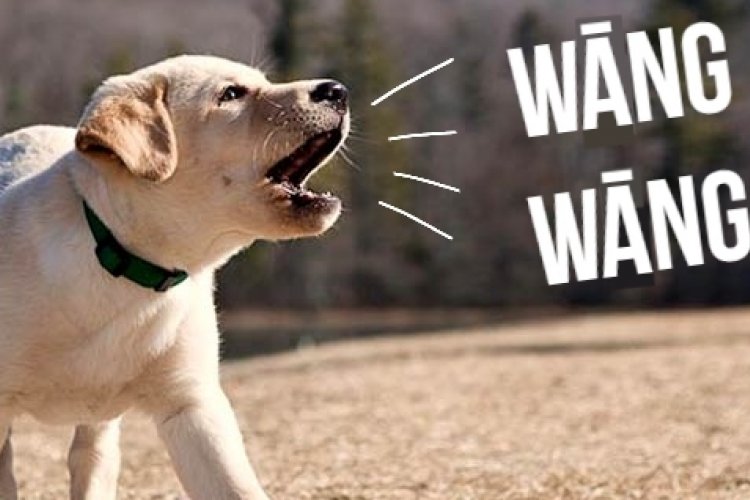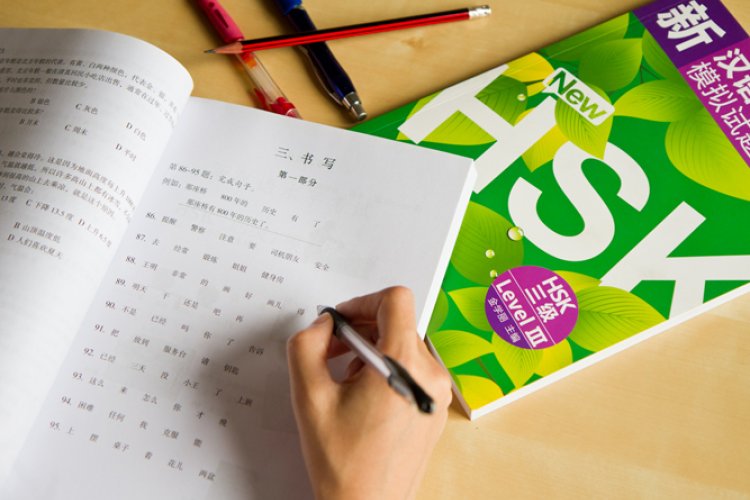Hi its a proper advice to “Write what you know.” Mark Twain, so Im not going to discourage you to continue writting but I would give you my two cents of wisdom for future articles and more interesting journalism.
The "WEST" includes a lot of cultures that are way more familiar than the Chinese in the way they speak.
WEST also includes Latin cultures in wich even Chinese dont understand the level of relationships we have, they amaze when we meet and even call us "too Passionate".
Again you Write what you know and you do well.
I guess right now you live in China, East West North South by now you should be aware that the world is not a specific group of people withholding the cultural values of a cardinal point.
Making your article politically correct makes your point of view more credible and pointing out your limitations makes it way more human for instances you could have started your articles with something like "In my time on this plannet I sure I have not seen it all but for the moment this is what I know" and sudenly you not only catch the reades attention you activated your readers imagination.
hope it is of use








